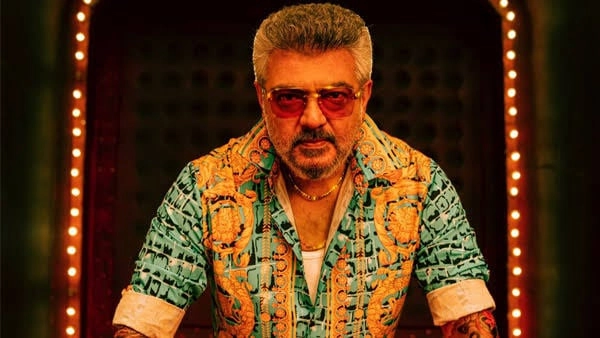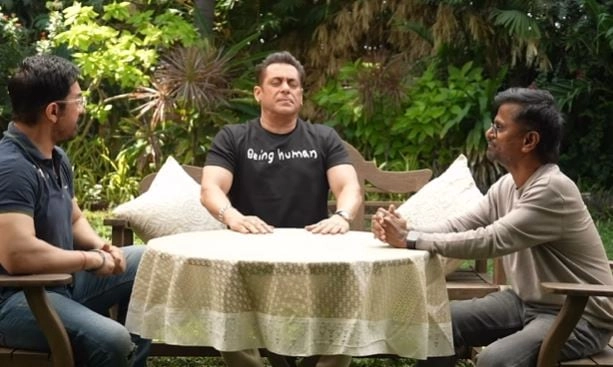Recently, veteran actor Kamal Haasan found himself at the center of a social media debate after making a light-hearted joke involving actress Trisha Krishnan. During a public event, Haasan quipped that if Trisha were to eat a banana, she would need to be careful about how she did it. This playful comment sparked a wave of reactions online, with some users interpreting it as inappropriate while others rushed to defend the legendary actor. Supporters argued that Haasan’s humor was simply a harmless joke, devoid of any double meanings or ulterior motives.
The incident highlights the sensitivity that often surrounds celebrity interactions, especially in the age of social media where every word can be scrutinized. Many fans took to platforms like Twitter and Instagram to express their thoughts, emphasizing that such comments should be taken in the spirit of fun rather than viewed through a lens of criticism. Proponents of Haasan’s joke pointed out that he has a long history of engaging in playful banter with fellow actors, which is often a part of the entertainment industry’s camaraderie. They asserted that humor, especially in a public setting, should be allowed without fear of backlash if it remains light-hearted and in good taste.
Critics of the joke, however, felt differently and raised concerns regarding the appropriateness of making comments that could be seen as suggestive or objectifying. They argued that in today’s society, where issues of consent and respect are paramount, even seemingly innocuous jokes can perpetuate stereotypes or contribute to a culture of insensitivity. This tension between humor and respect for boundaries is a recurring theme in discussions about celebrity behavior and public perception.
In the end, the internet’s response to Haasan’s joke underscores the complexities of navigating humor in a diverse and interconnected world. As fans continue to defend their favorite stars, it serves as a reminder that while comedy can be a unifying force, it can also spark significant debate about societal norms and values. Ultimately, the conversation around Kamal Haasan’s banana joke reflects broader cultural discussions about how humor is received and interpreted in contemporary society.




